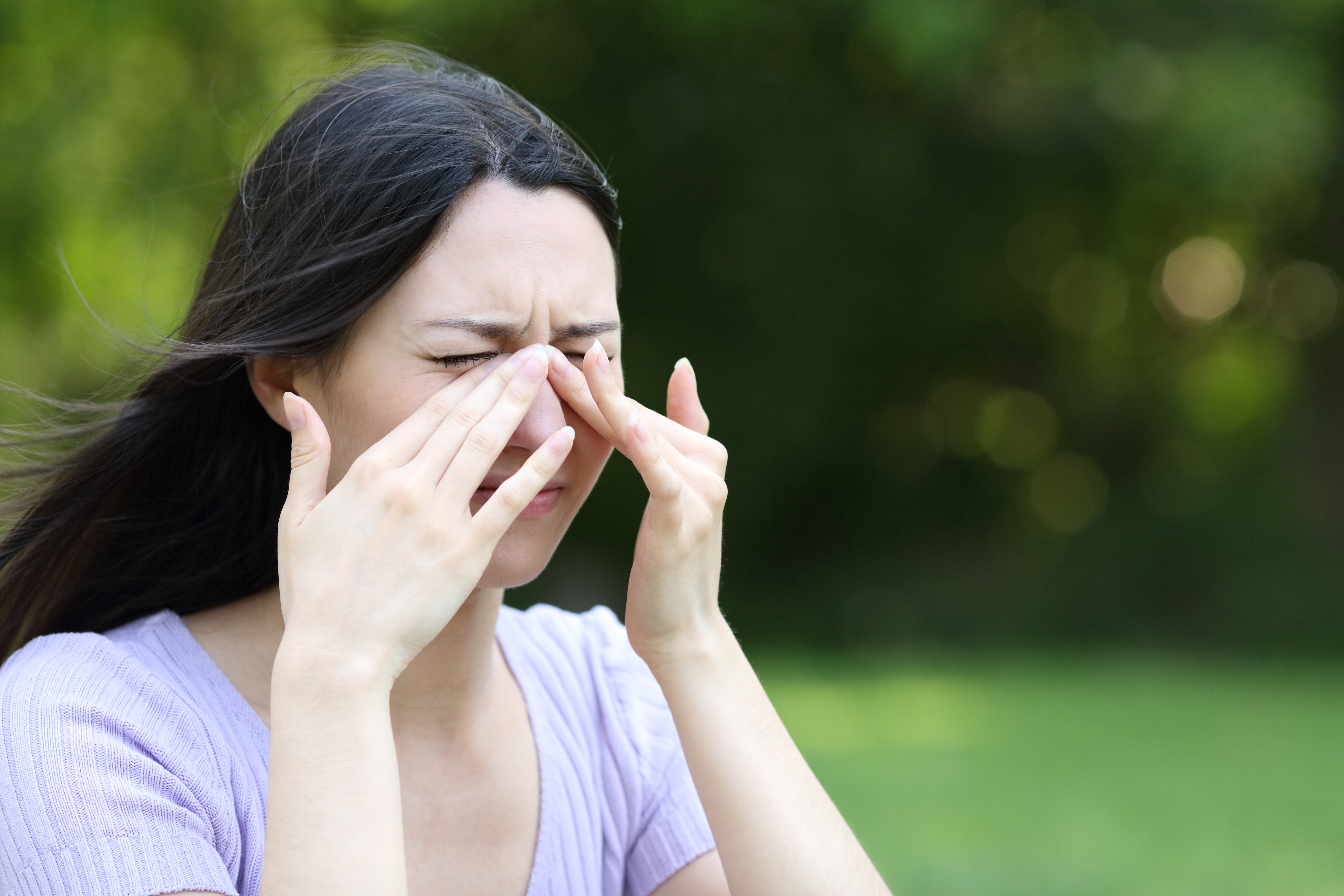
A new season means the onset of allergies for some people. The symptoms include itching, watery eyes, stuffy nose, red eyes, and sneezing. Millions of people suffer from allergies. If you are one of these people, there is no need to worry. Here are some answers to questions that you may have every time the seasons are about to change.
What Triggers Allergies?
Triggers depend on the season. However, the common allergens are pollen, dust, animal dander, and ragweed. As the trees, grass, and flowers begin to bloom in spring, there is the possibility of pollen. The allergen may run into early fall. Other allergens like ragweed and dust may take over in fall, and mold may cause allergies in winter. Cold and dry wind in fall and winter may also worsen your allergies.
What Are the Symptoms?
There are common symptoms to look out for when you have allergies. They include:
Sneezing
Stuffy nose
Itching
Watery eyes
Red eyes
Congestion
Coughing
Light sensitivity
These symptoms are your immune system’s reactions to allergens.
Why Does the Body React With the Above Symptoms?
The body reacts to the allergens with the above symptoms to protect itself. It triggers the reactions to help it get rid of the allergens. Some reactions result from the chemicals antibodies release. While your vision may not be in danger, the symptoms can be painful.
Are There Treatments for Eye Allergies?
Most allergies will stop once you remove the allergen or leave the environment where the allergen is present. But if the symptoms persist, you can use over-the-counter antihistamine medication. The pills help counteract the reactions of the chemical or histamine that your antibodies release. You can also use artificial tears to relieve dry eye symptoms from allergens.
Can Certain Foods Help With the Allergies?
Yes, they can. Food like ginger has anti-inflammatory benefits. It will help you deal with irritation and swelling in the eyes, nasal passages, and throat. Oily fish is a rich source of omega-3 fatty acids, which help relieve symptoms like dry eye. They also help deal with redness, itching, and burning. Omega-3 fatty acids are also present in nuts and legumes. These include cashews, walnuts, peanuts, and lentils.
How Can You Prevent Exposure to Allergens?
You can start by staying at home and only leaving when necessary. When you are in the house, close your windows. It will help keep the pollen outside. If you need to leave the house, wear sunglasses to keep pollen and other allergens away. You can also wear a hat for extra protection. However, wraparound sunglasses are the best since they give all-around protection.
When you get home, remove your clothes and wash your hands. Also, shower to avoid transferring any allergens still on your body to your beddings. They may eventually make their way to your eyes and irritate them further. Also, keep your pets clean and free of pollen.
For more information on seasonal allergies, visit Westchester Eyes at our White Plains, New York office. Call (914) 732-1732 to schedule an appointment today.








